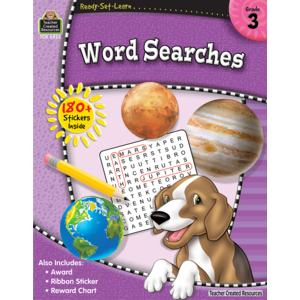If vocabulary learning is viewed as boring to some of your students, try some of these activities to spice up and make learning vocabulary fun and memorable.
Vocabulary Bingo
Play Vocabulary Bingo. Students randomly write down all the vocabulary words for that unit, one per square. (Note: The words can be written on the board so everyone has the same words.)
Read the definition of each word. Students then cover the matching word on the Bingo sheet with a small square of paper, dried beans, or other marker. Once they get a consecutive row, they yell “Bingo” or another word you chose. Pick a word that relates to the unit the class is studying.
Action Vocabulary
Give a set of partners one word from the unit or novel being read. They are to learn the definition and then come up with a simple charade-type action associated with the word. The action should be a clue to the meaning of the word. Once practiced, students share their word, definition, and the action with the class. Encourage students to keep the actions simple, only one or two movements. Too detailed or too lengthy actions will be forgotten. The class then repeats the action. After every two words, go back and review actions and definitions of the previously learned words. The action will help secure the meaning in their minds. If desired, students can also choose their own words to perform from the unit.
Password
This game is similar to the TV show “Million Dollar Password.” It is a terrific way to review vocabulary in the classroom.
Split the class into two teams. The first person from each team comes to the front and sits in one of the two chairs facing the game show host (the teacher). The game show host begins by giving one-word clues to both players at the same time. The first person to say out loud the answer gets two points for the team. For example, the word may be carnivore. Possible clues to give are as follows: “animal,” “meat,” and “teeth.” Keep repeating the clues thus far if they are stumped. If still stumped, start giving obvious clues such as “not an herbivore.”
As the class sees how this work and gains experience with the clue-giving technique, eventually allow teammates to give clues, one at a time to their guesser.
For more vocabulary activities or resources, you can browse a wide selection of vocabulary books here.



